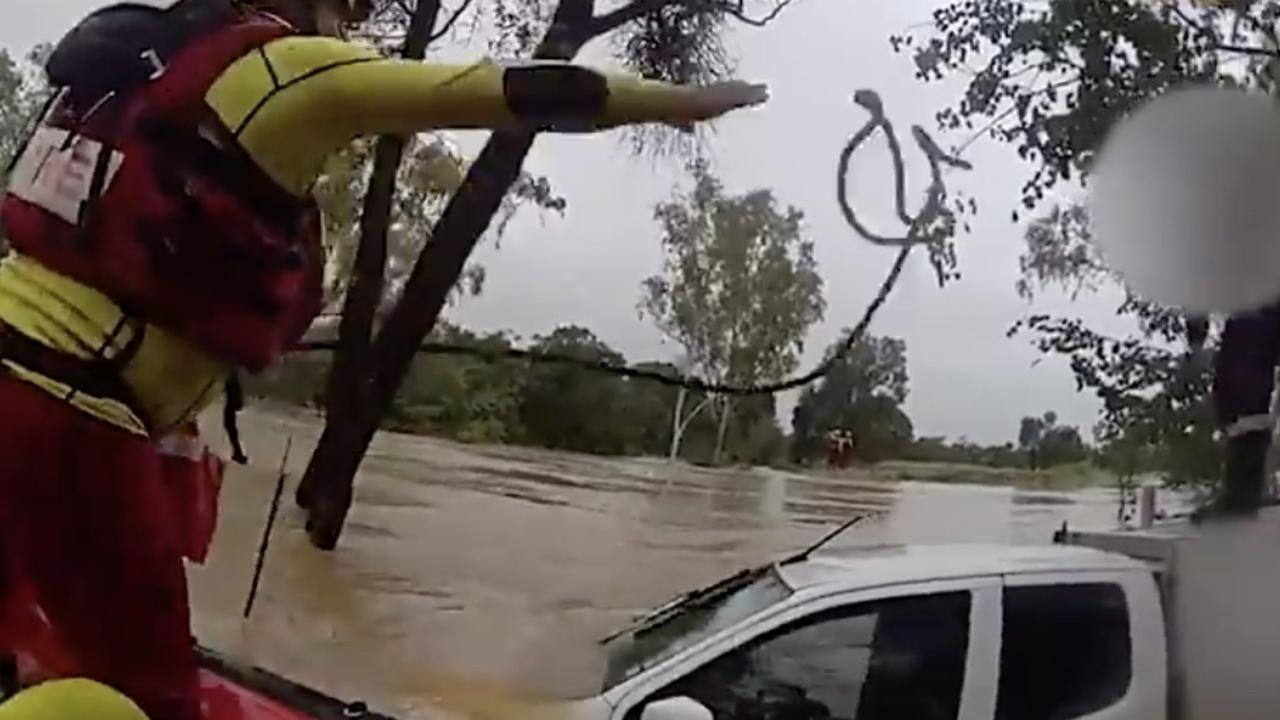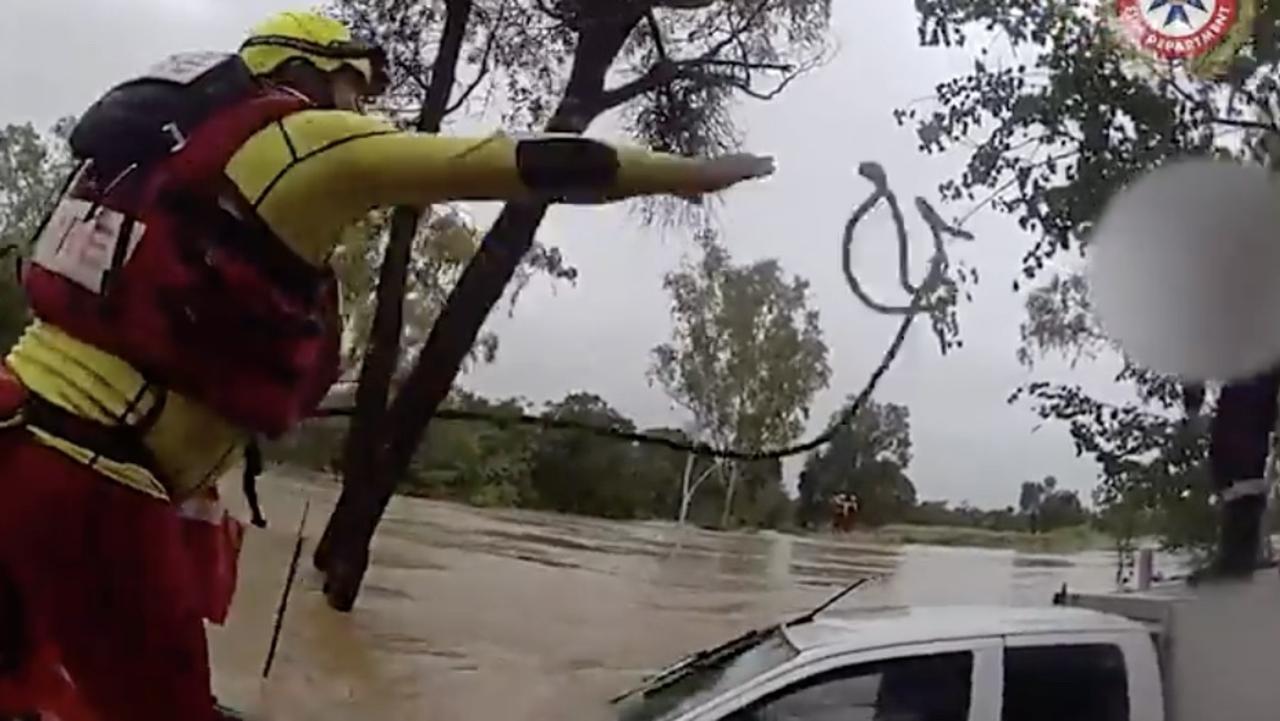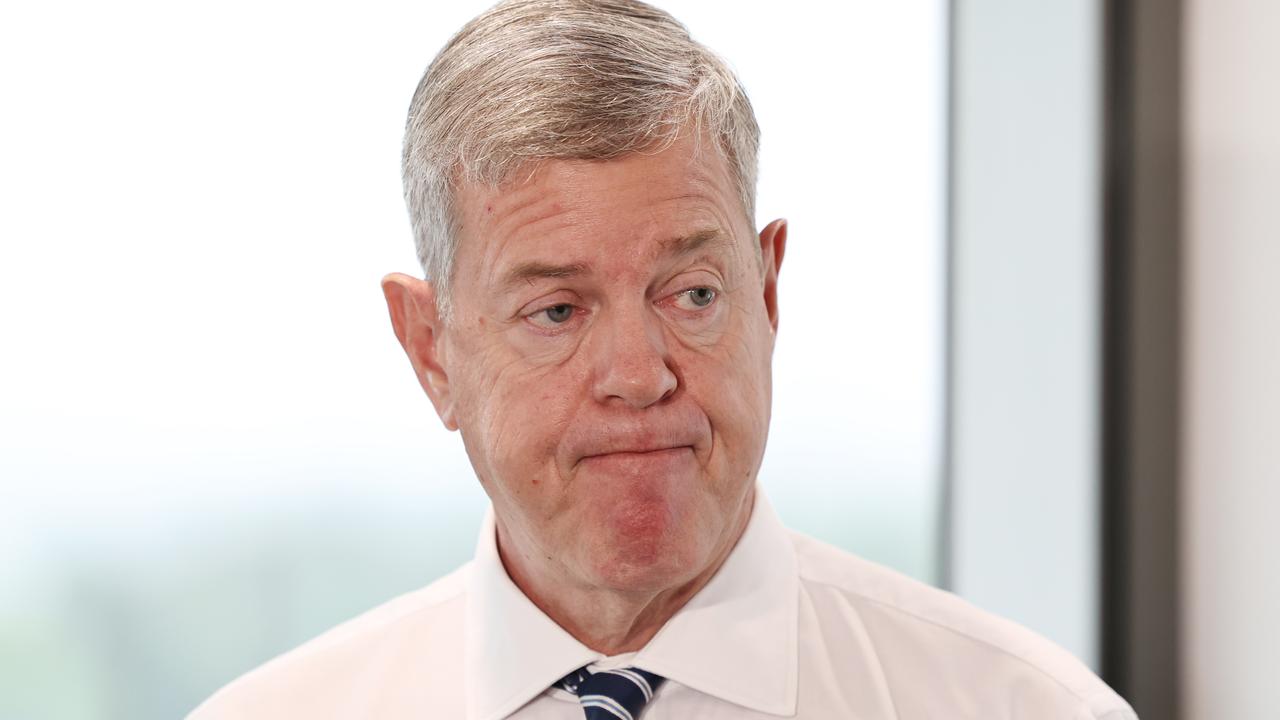Coal industry causing havoc as dust blows in
Mining companies in the Burdekin continue to dust out those living around them and despite the benefits of the industry, experts and state leaders say they need to be held accountable.
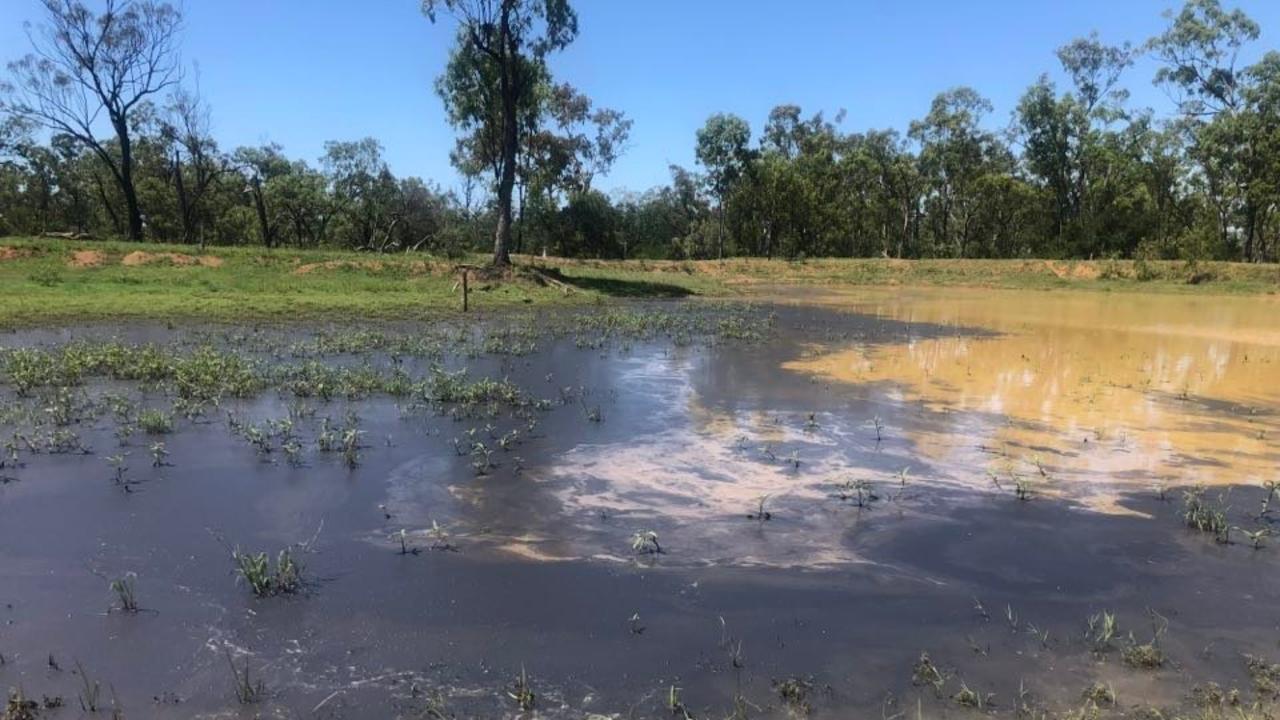
Whitsunday
Don't miss out on the headlines from Whitsunday. Followed categories will be added to My News.
Coal dust has been blowing across Collinsville properties from mines and coal trains for at least two years residents say, raising questions about associated health risks to both people and livestock.
Collinsville land owner and grazier Bill Wyper says he has been rallying to have the issue addressed but has been told “to learn to live with it” by neighbouring mines.
Mr Wyper owns 2000 acres in the Collinsville and Scottville regions between the Collinsville and Sonoma coal mines which he says have “turned the dams black” and left them “full of arsenic, nickel and lead”.
“They’ve been mining unburnt coal down one end [of the mine] with the drag line and they keep dusting us out,” Mr Wyper said.
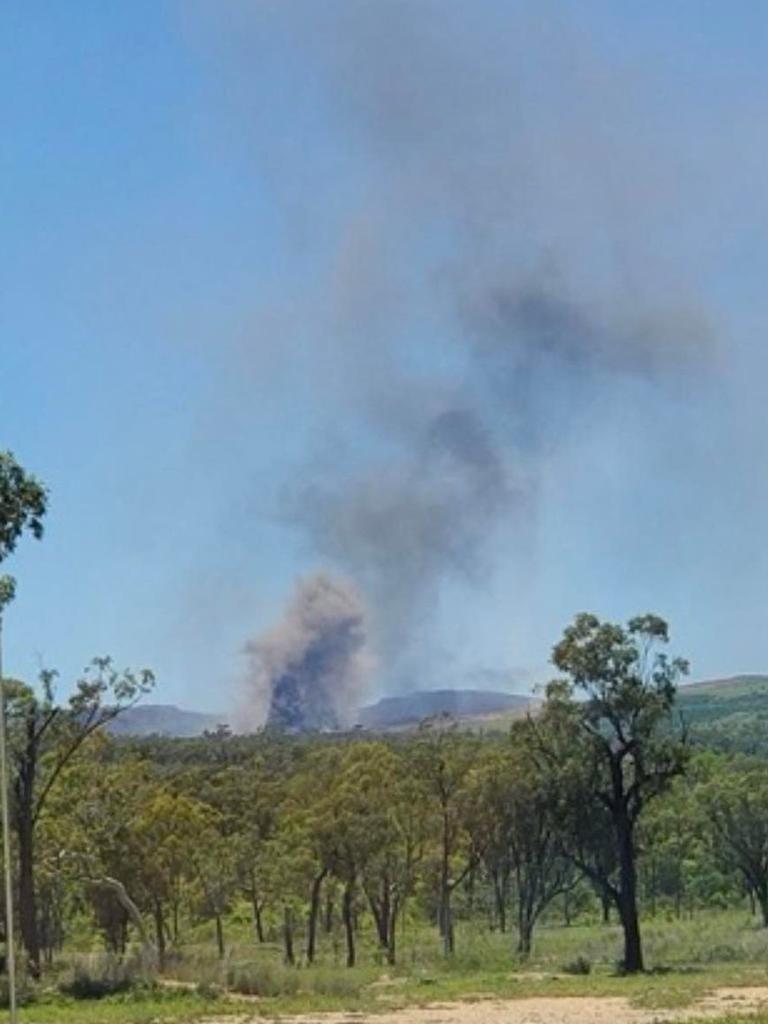
“I pulled up at the entrance gate of my place and the blue toxic smoke was that bad my eyes were watering and my nose was running.
“And they just keep buying everybody off around them so can get their dust parameters wherever they want them.
“But I told them we’re not for sale.”
A water sample from one of the dams on Mr Wyper’s property was sent to testing, inspection and certification company SGS for analysis, with results indicating some of the heavy metals exceed Australian water quality guidelines making it unfit for human consumption, while still in the safe range for livestock.
“We’ve got to sign a ‘stat dec’ of what those cattle are raised on, and we don’t know if the arsenic will ever show up in the meat,” Mr Wyper said.
“All their noses were black the other day.
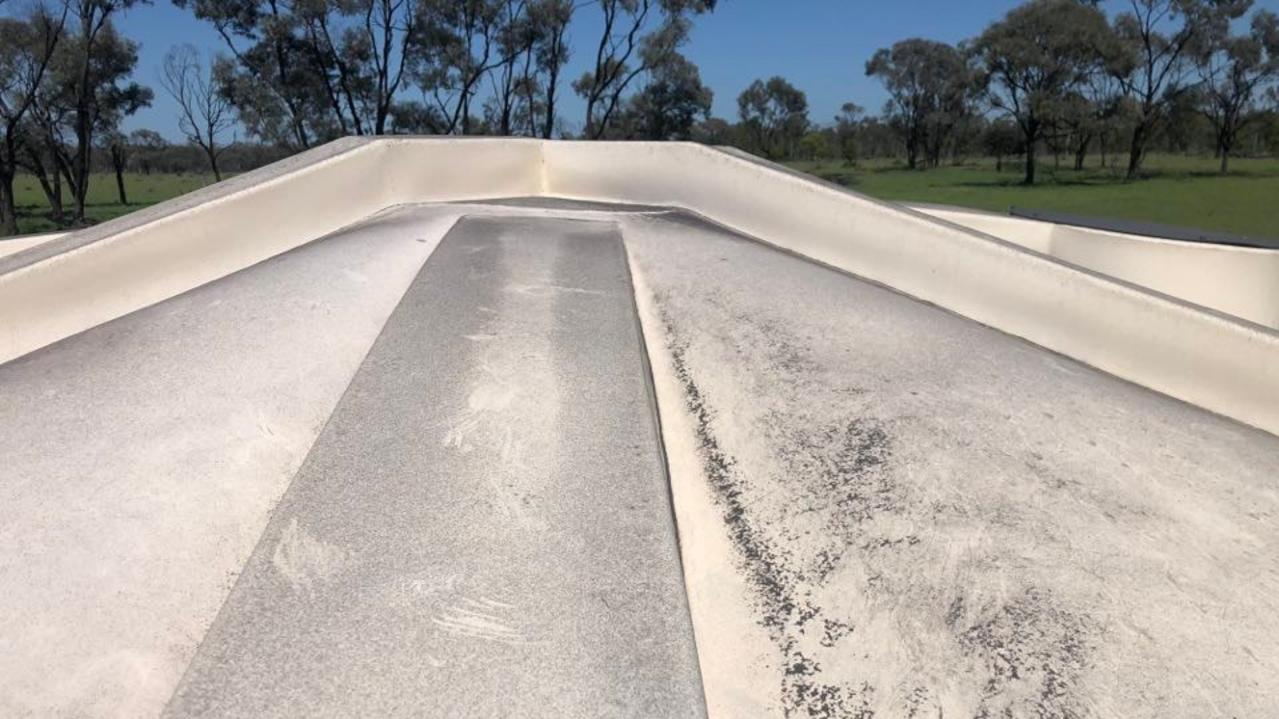
“It’s not a little bit of dust, half of my dam is just black.
“The cattle always go to the shallow side and that’s where all the stuff is laying on the top and it stays there for about two days and then it sinks into our dam and then it’s there forever,” he said.
Business manager of the SGS Cairns Laboratory Jon Dicker said coal dust was “only toxic if you breathe it in.”
“You wouldn’t want to be drinking the water,” Mr Dicker said.
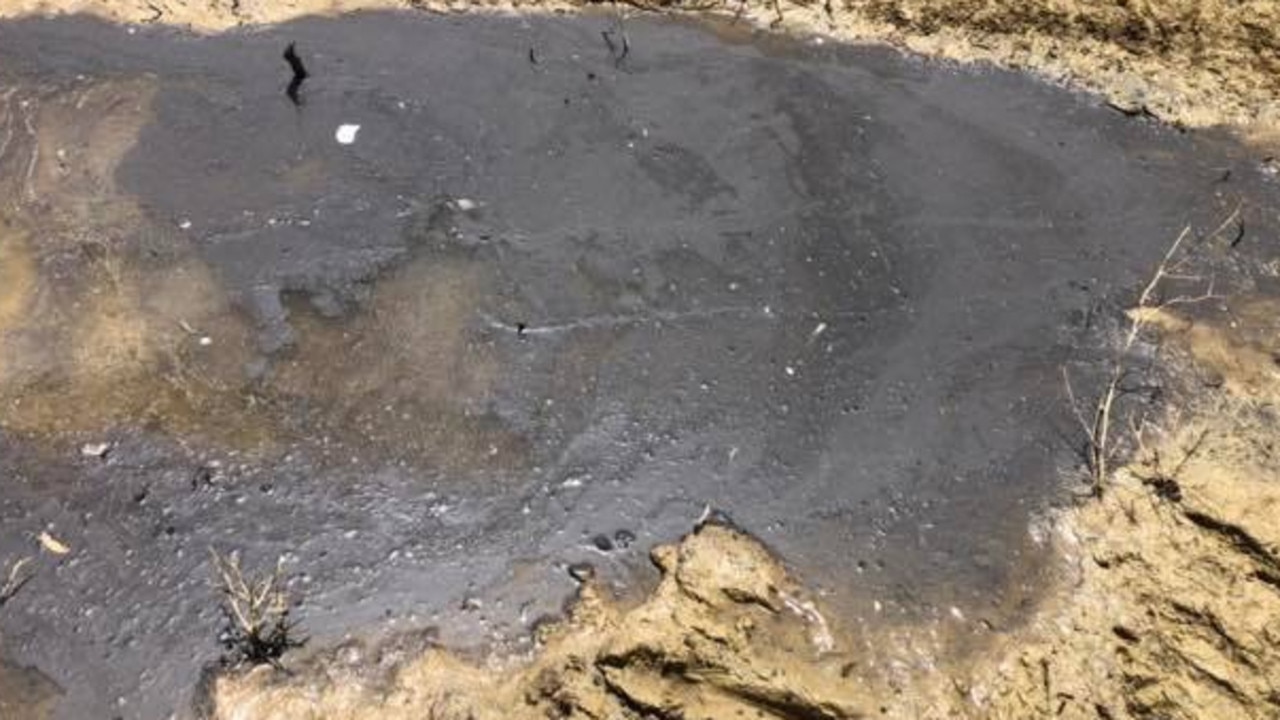
“But the ANZECC [Australian and New Zealand Guidelines for fresh and Marine Water] quality guidelines renders it still safe for livestock to drink.”
Mr Wyper said the Collinsville mine installed a dust monitor on his farm but it had since been removed.
“It was installed six months ago but a month later someone stripped it and it’s gone now,” he said.
Coal dust issues within the Collinsville mine have been an ongoing problem with retired Collinsville miners rallying to raise awareness about Coal Workers Pneumoconiosis better known as black lung disease in 2016.
A Queensland parliamentary hearing was held where ex miners raised evidence about the failure of self-regulation to accurately record coal dust levels and a perception that profits were prioritised over the wellbeing of mine workers and the greater population of Collinsville.
As a result, Heart of Australia launched its latest mobile clinic, HEART 5, to provide CT scans for current, former and retired mine and quarry workers in regional areas including Collinsville.
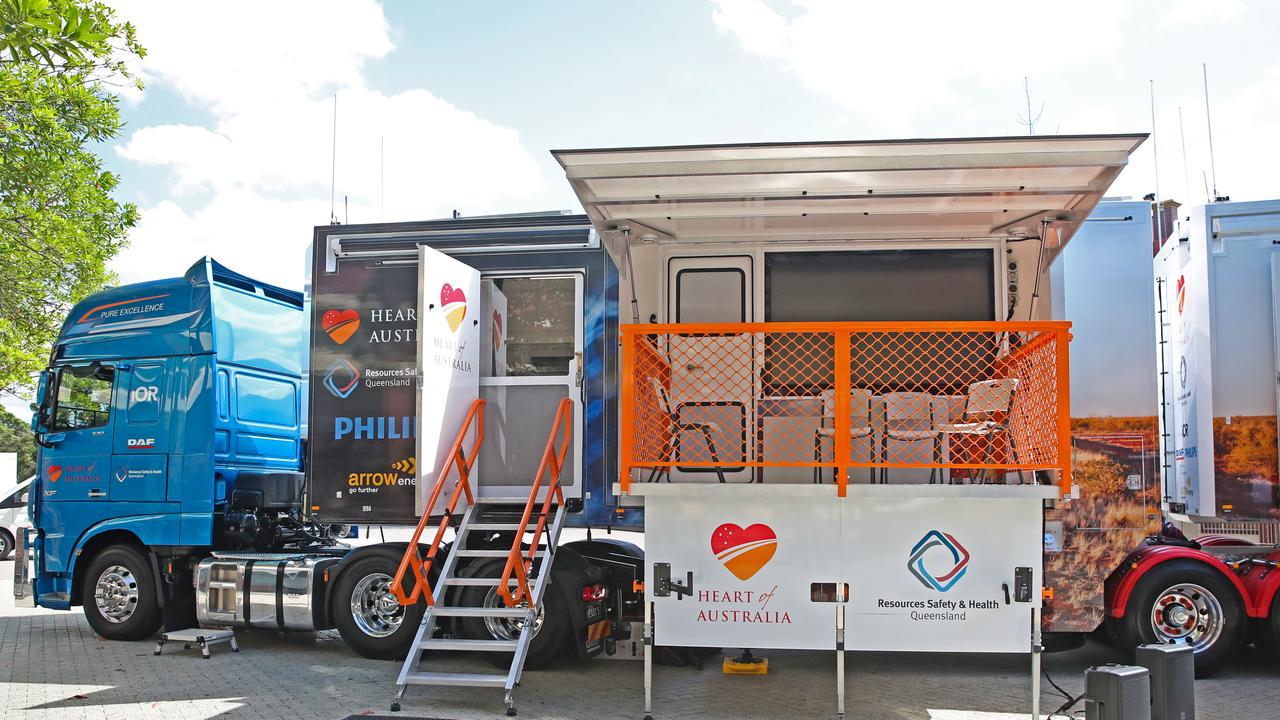
Mr Wyper said he believed the coal dust was reaching other waterways as well.
“They cart water down to a person next to us because the creek has been contaminated,” he said.
“But that’s a whole other story.”
Professor Bill Laurance from the Centre for Tropical Environmental and Sustainability Science at James Cook University said when it came to coal mining “the devil is in the detail”.
“In terms of coal dust, it can be very fine and there needs to be a study to see how far the dust spreads because it can cover vegetation and block photosynthesis of plants, as well as have sizeable impacts on stream systems, depending on what the inputs would be,” he said.
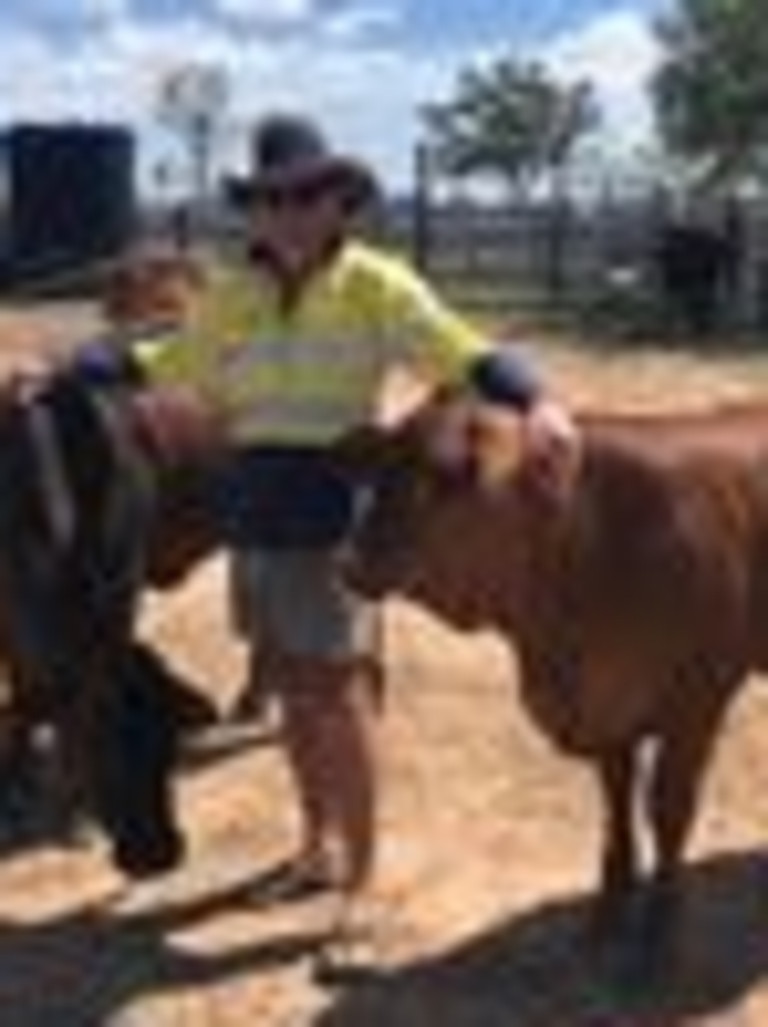
“The streams with vertebrates and fish would be one of the more sensitive elements in the landscape.
“There seems to be a lack of information and somebody really needs to get a handle on it.”
Burdekin MP Dale Last said despite the benefits mines in Collinsville and throughout the Bowen Basin brought to the people in those towns and the state as a whole, it was vitally important the mines “are good neighbours and good corporate citizens”.
“Processes to minimise the chance of dust affecting residents must be in place and, when those processes are not sufficient to avoid problems, the mining companies must take action in a timely and effective manner,” Mr Last said.
“Quite simply, those processes and an appropriate response are what the mining companies owe to the people that support their business.”
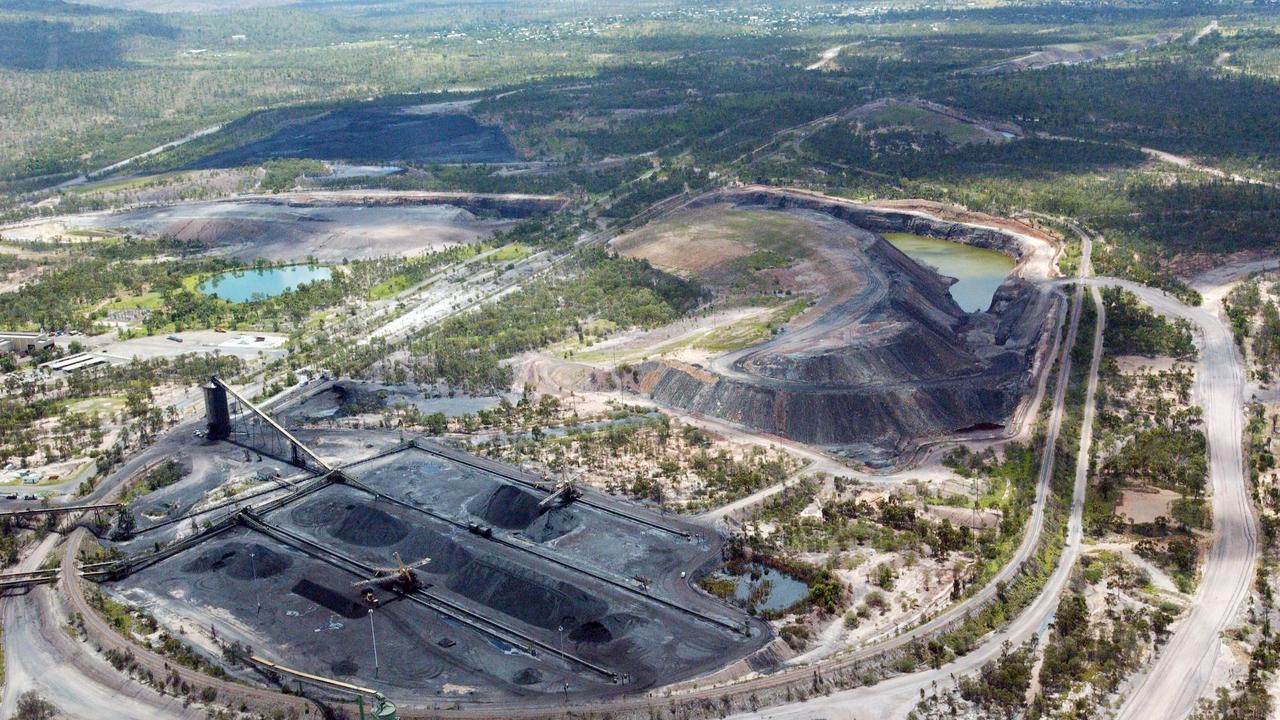
A spokesperson for Glencore, which operates the Collinsville coal mine, said they had met with neighbouring landholders to discuss the issues and would continue to work with them on a resolution.
“While we have operated at all times within limits set out in our environmental approvals, we have made a number of changes to our operating procedures and triggers on our monitoring system to address the concerns raised,” the spokesperson said in a statement.
Concerns over trains travelling through town
Concerns have also been raised regarding coal trains stopping in Collinsville itself, causing dust to settle across town.
“When I blow my patio off in town you’re blowing off coal dust every morning and I’m not the only one saying it,” Mr Wyper said.
“It wasn’t supposed to come through Collinsville, it was supposed to go out through Strathmore way.”
In October 2022, Whitsunday Regional Council wrote to Bowen Rail Company requesting it not allow trains to stop within the Collinsville town precinct due to concerns about coal dust blowing across the township.
A written response from BRC general manager Brendan Lane dated November 24 was received by council outlining control measures the company had in place to mitigate coal dust.
Mr Lane said control measures were “consistent with the aims, objectives and mitigation measures proposed in the Aurizon Coal Dust Management Plan”.
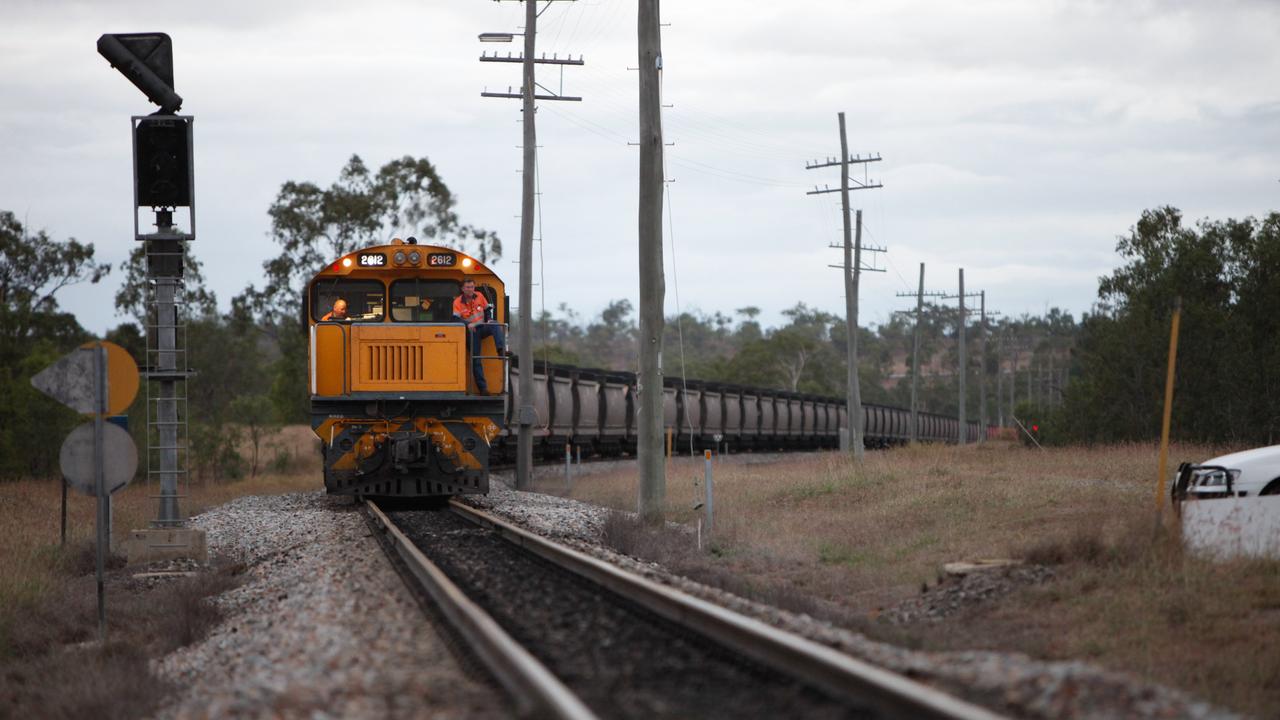
A “garden bed profile” is used when loading the wagons, ensuring the height of the coal load in each wagon “does not exceed 3950mm above rail with 100mm freeboard left around the edge of the wagon as well as an even top surface”, Mr Lane’s letter states.
“Dust suppressants are used as a surface veneer to control coal dust emissions from Bowen Rail wagons.
“When applied, the suppressants bind particulate matter together to provide a surface that is more resistant to dust lift-off.
“This process minimises environmental impact through reducing dust lift-off and assists in retaining coal moisture,” the letter states.
Mr Lane also wrote that “based on a review of actual train running data, BRC can confirm that there have been four occasions where trains have been stopped in Collinsville Passing Loop for less than 20 minutes across over 600 trains since commencement of Operations.”
More Coverage
Originally published as Coal industry causing havoc as dust blows in





